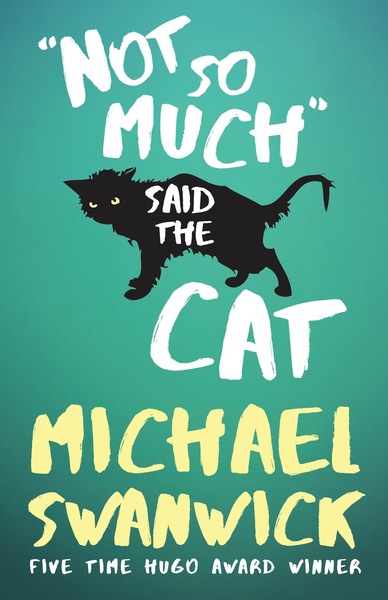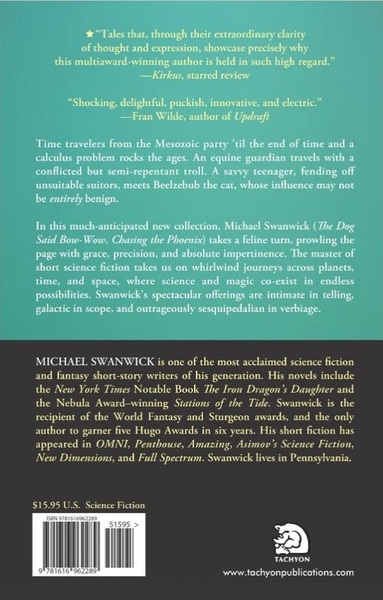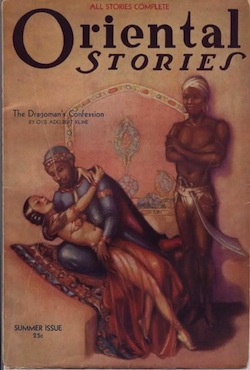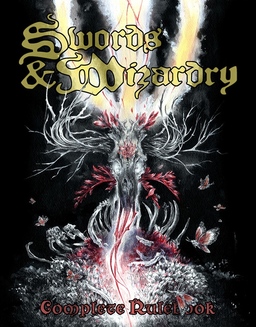Future Treasures: The Starlit Wood: New Fairy Tales, edited by Dominik Parisien and Navah Wolfe
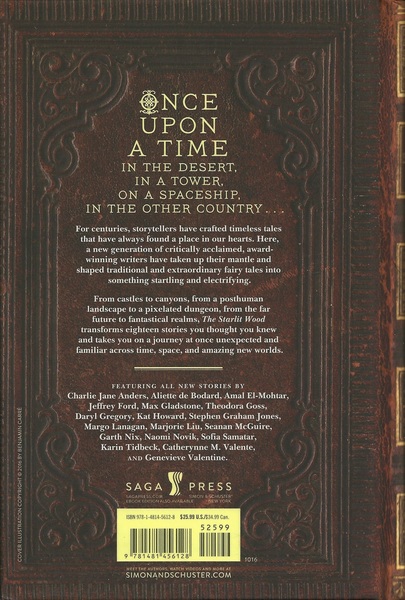 |
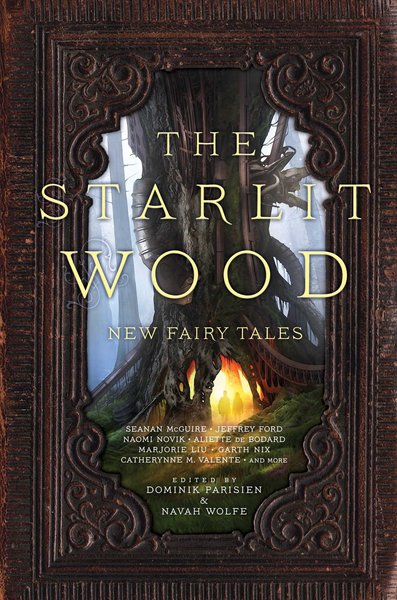 |
Every once in a while a really stellar anthology comes along that generates a lot of pre-publication whispers, gradually growing to a steady buzz of excitement. This year that anthology is The Starlit Wood: New Fairy Tales.
The Starlit Wood was assembled by Dominik Parisien, editor of the highly acclaimed Clockwork Canada, and Navah Wolfe, editor at one of the most exiting new imprints in the industry, Saga Press. Several of my friends have privately tipped me off that this is the best fantasy anthology of the year, and the public accolades have just started to pour in. Terri Windling calls it “Excellent… I loved it,” Jeff VanderMeer says it’s “Classy, smart, and entertaining… and featuring the best and most exciting fantasy writers working in the field today.” And Publishers Weekly raved, saying it’s “A rich sample of what awaits us in the world of fairy tales.”
For anyone looking to revisit the wondrous (and frequently dark!) world of fairy tales — or who just wants to a taste of what the best writers in fantasy are doing today — The Starlit Wood is your best opportunity this year. It contains stories by Aliette de Bodard, Amal El-Mohtar, Jeffrey Ford, Max Gladstone, Margo Lanagan, Seanan McGuire, Garth Nix, Naomi Novik, Sofia Samatar, Catherynne M. Valente, Genevieve Valentine, and many others, and will be released in hardcover this month by Saga Press.
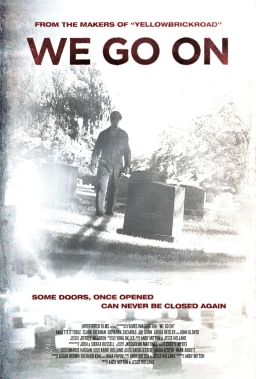 I had errands keeping me away from the Fantasia film festival on Monday, July 25. Now, interruptions are a sad fact of life, but sometimes it’s easy to get back into the swing of things; and as it happened the next day I made it back to the De Sève theatre to watch an American horror film called We Go On, which served to get me back into the Fantasia spirit. Then the day after that I saw two more movies at the De Sève, an odd Swiss romance called Aloys followed by a French horror film called Therapy. The latter had been directed by 16-year-old Nathan Ambrosioni — his second feature film. Together the movies made an odd meditation on life, death, and horror.
I had errands keeping me away from the Fantasia film festival on Monday, July 25. Now, interruptions are a sad fact of life, but sometimes it’s easy to get back into the swing of things; and as it happened the next day I made it back to the De Sève theatre to watch an American horror film called We Go On, which served to get me back into the Fantasia spirit. Then the day after that I saw two more movies at the De Sève, an odd Swiss romance called Aloys followed by a French horror film called Therapy. The latter had been directed by 16-year-old Nathan Ambrosioni — his second feature film. Together the movies made an odd meditation on life, death, and horror.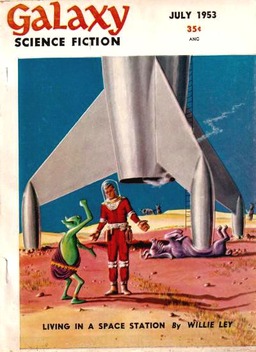
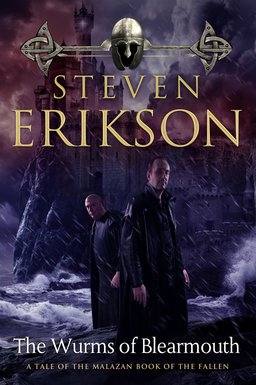

 Impossible to predict some things. Notably: you can’t know how you’ll react to a work of art until you’ve experienced it. Looking at the movies Fantasia offered on Sunday night, July 24, I thought I’d try If Cats Disappeared from the World (Sekai kara neko ga kietanara), which promised a tale about a terminally ill man who makes a surreal Faustian bargain. After that, I decided I should watch Superpowerless, as it was a genre piece about an aging superhero who’d lost his powers. In truth, I had my doubts about both movies; Cats looked it might suffer from excess of romanticism and forced whimsy, while Superpowerless seemed like some kind of mumblecore satire treading ground comics had worked over decades past. In the event, I was wrong to doubt. If Cats Disappeared from the World would be likely the best movie I saw at Fantasia, and probably my favourite. Superpowerless, meanwhile, turned out to be the festival’s most pleasant surprise, the film which most greatly exceeded all my expectations.
Impossible to predict some things. Notably: you can’t know how you’ll react to a work of art until you’ve experienced it. Looking at the movies Fantasia offered on Sunday night, July 24, I thought I’d try If Cats Disappeared from the World (Sekai kara neko ga kietanara), which promised a tale about a terminally ill man who makes a surreal Faustian bargain. After that, I decided I should watch Superpowerless, as it was a genre piece about an aging superhero who’d lost his powers. In truth, I had my doubts about both movies; Cats looked it might suffer from excess of romanticism and forced whimsy, while Superpowerless seemed like some kind of mumblecore satire treading ground comics had worked over decades past. In the event, I was wrong to doubt. If Cats Disappeared from the World would be likely the best movie I saw at Fantasia, and probably my favourite. Superpowerless, meanwhile, turned out to be the festival’s most pleasant surprise, the film which most greatly exceeded all my expectations. 

